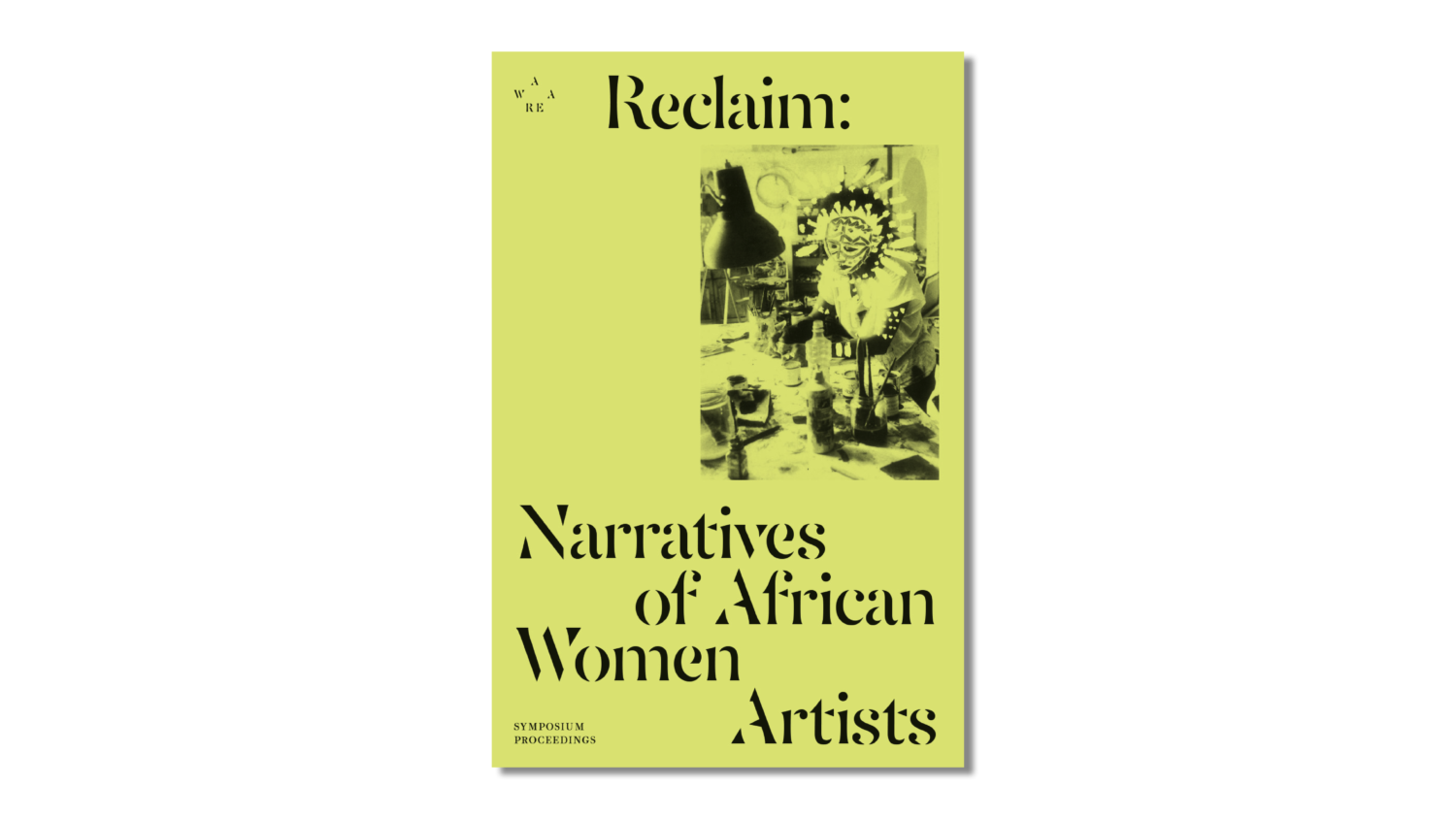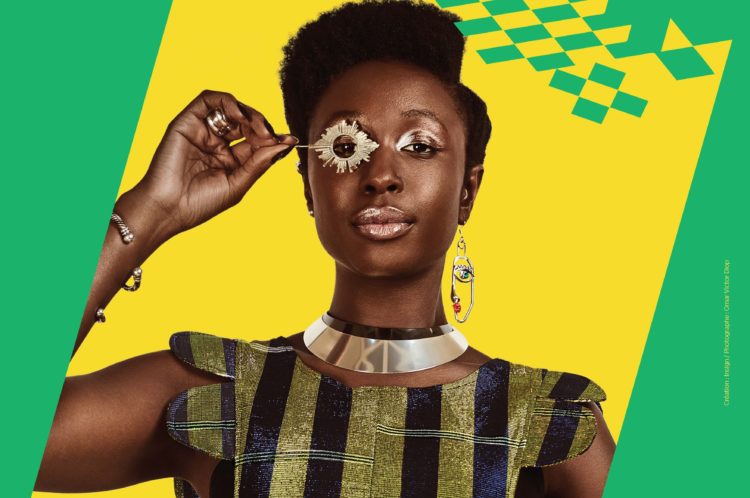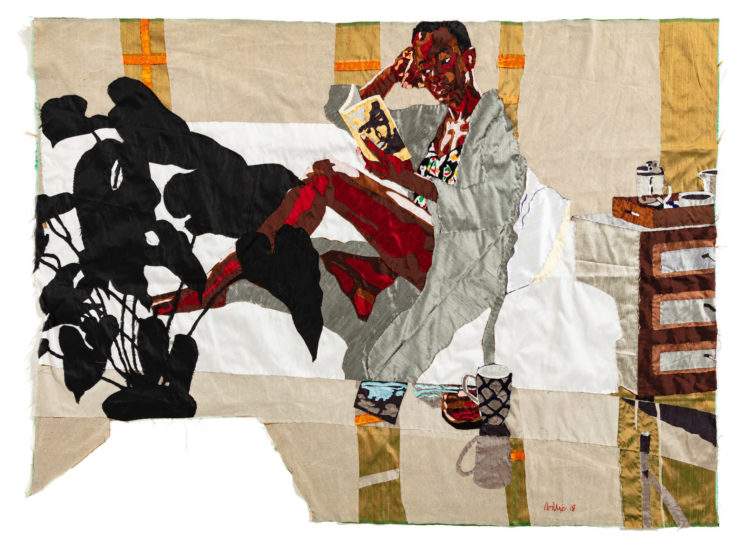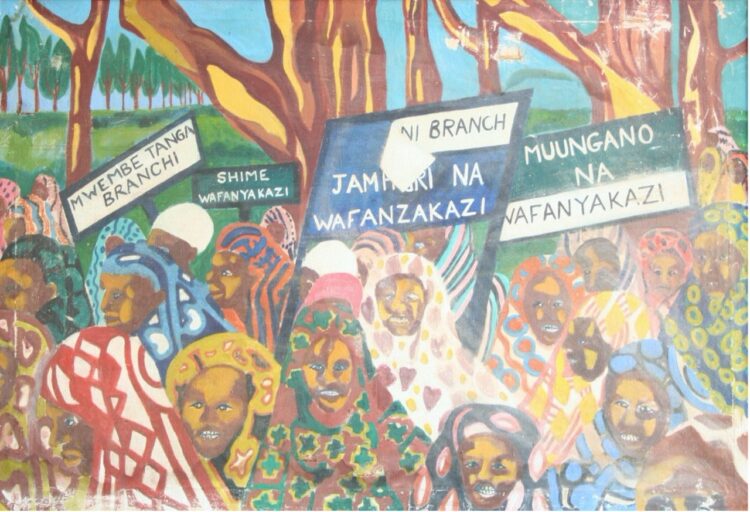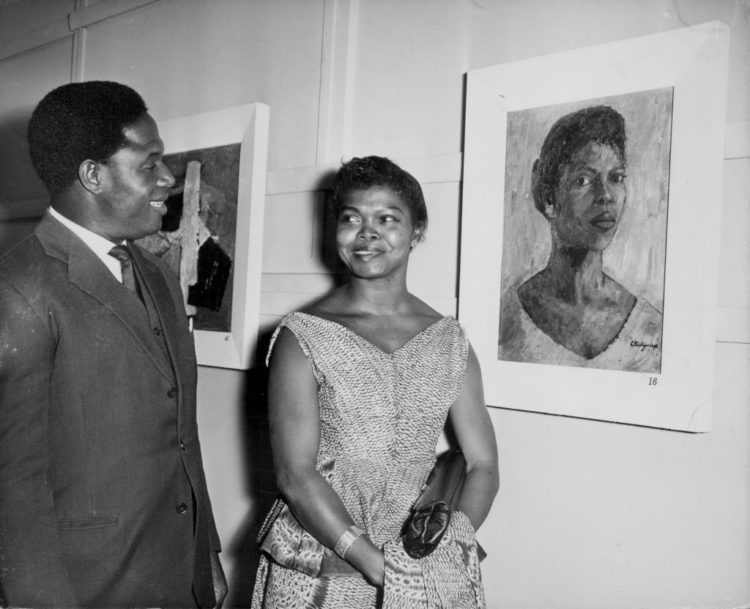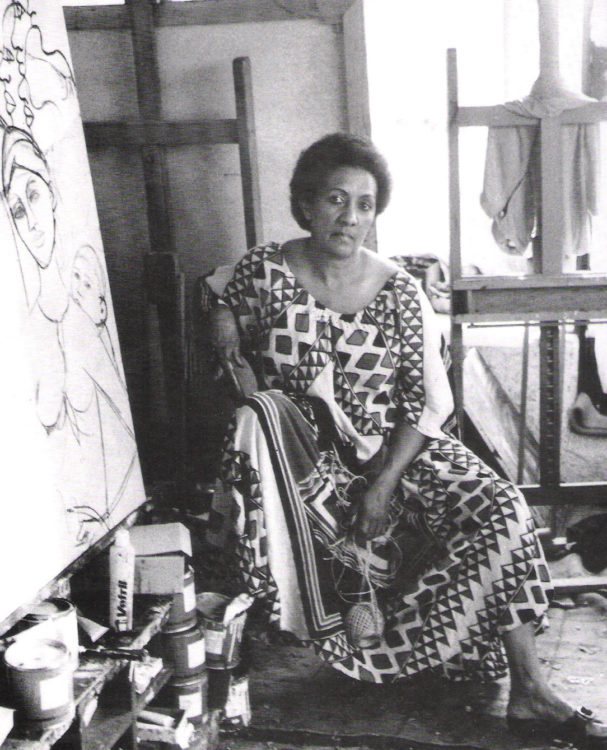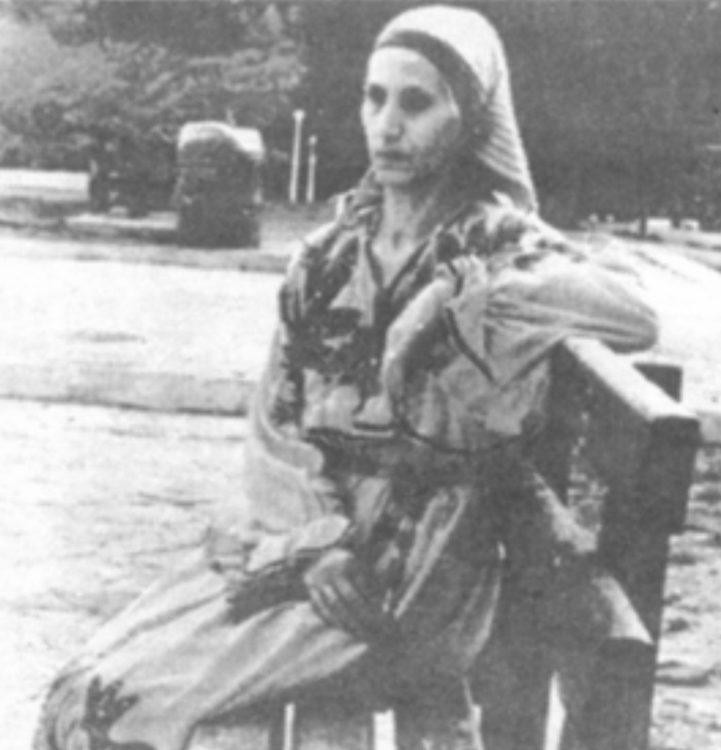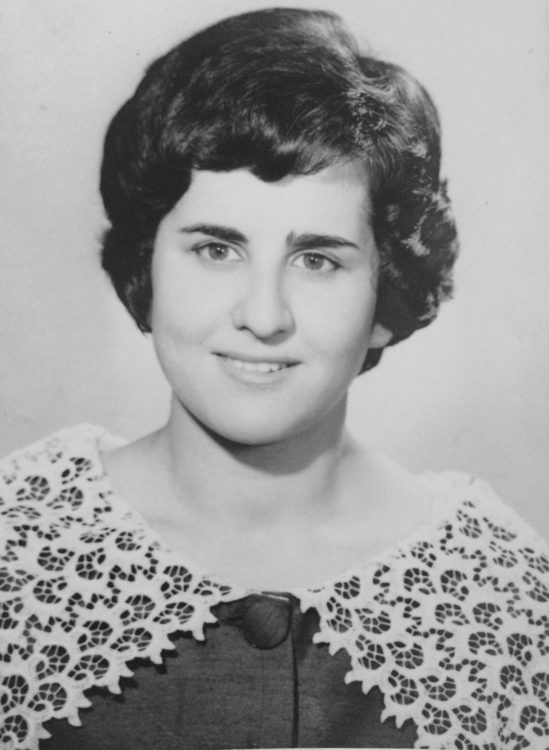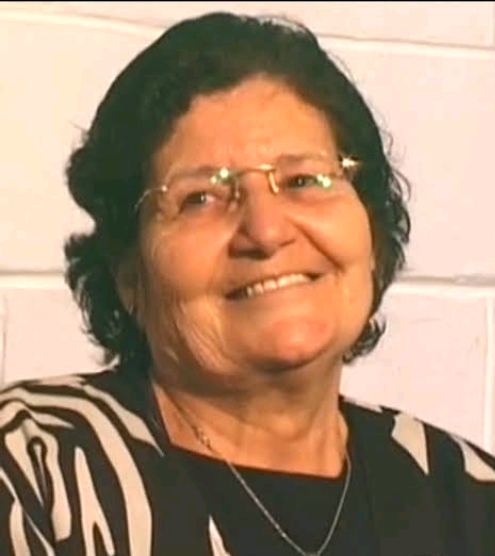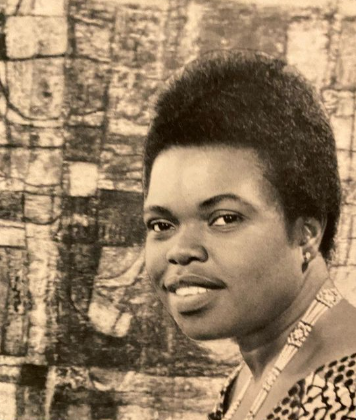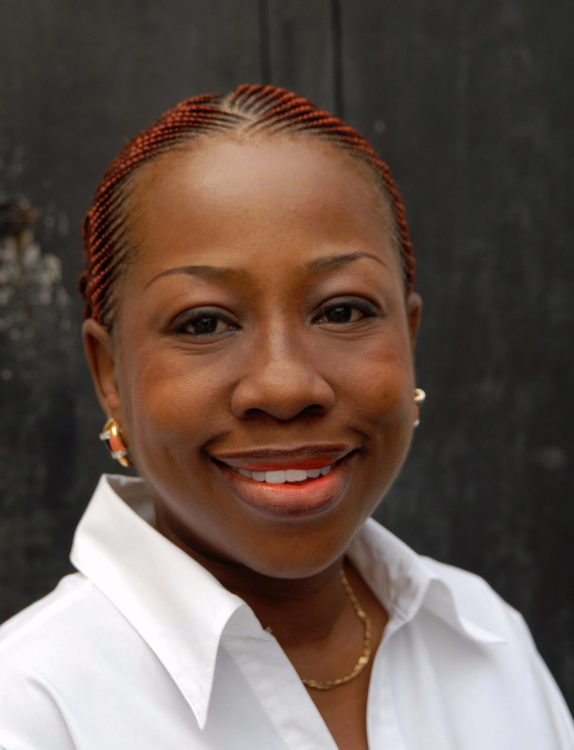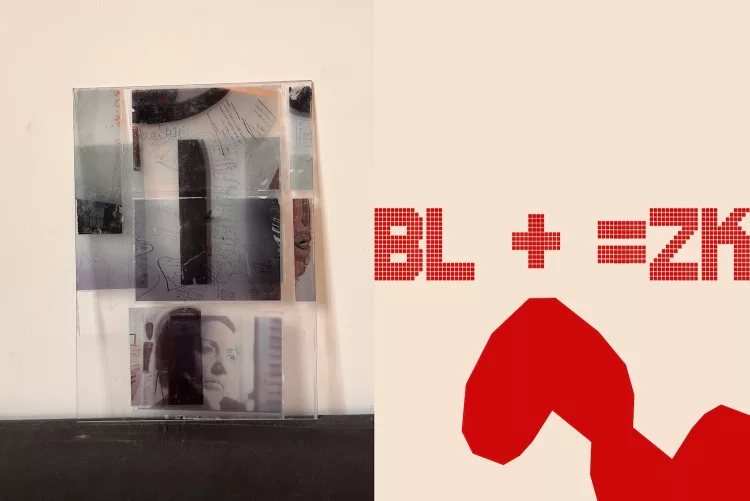Publications
What does a people, made up of more than 1.2 billion souls living on a continent of more than 30 million square kilometres, have to say about itself? Africa is the repository of a collective memory, the receptacle of civilisations with moving boundaries whose gestures have crossed the centuries. What binds the populations of the African continent is the consciousness of living on the same territory, of belonging to the same history, and of facing the same challenges on the African soil: access to education and health; the respect of fundamental human rights; the right to free movement, self-determination and economic emancipation. Over time, this African consciousness has created a sense of belonging – sometimes tenuous – to the same land, the same people and the same destiny. Pan-Africanism, this collective ideal of political, social, economic and cultural emancipation, is the foundation of an unprecedented project.
- Introduction: Is Writing the History of Women’s Art in Africa, Writing the Art that is Coming? Being African, Woman and an Artist Nadine Hounkpatin
- Conflicting Archives: Reimagining and Visualising Sociopolitical Narratives of Women Freedom Fighters in Zambia Gladys Kalichini
- An Aesthetic and Socio-Anthropological Analysis of Three Generations of Cameroonian Woman Artists Ruth Colette Afane Belinga
- Algerian Women Artists: Between History, Appropriation and Deconstruction of an Image Nadira Laggoune
- An Art of Proximity Rachida Triki
- Introduction: Escaping the Vicious Circle Sonia Recasens
- Breaking Boundaries and Borders: Undoing Stereotypes with the Stereotypes (The Case of Contemporary Art from Africa) 3POINTS . . . (Dorothy Akpene Amenuke, Alice Korror Ebeheakey, Bernard Akoi-Jackson
- Modern Women: Archiving African Modernism Perrin Lathrop with Ndidi Dike
- Clara Etso Ugbodaga-Ngu and Miranda Burney-Nicol: Fragments of Trajectories of African Visual Artists Between Paris and London at the Time of Decolonisation Through the Lens of the Magazine Le Musée vivant. Amandine Nana
- One Museum under the Lens: The Smithsonian National Museum of African Art and the Representation of Women Making Art Karen E. Milbourne
Introduction
N’GONE FALL, GENERAL COMMISSIONER OF THE AFRICA2020 SEASON
What does a people, made up of more than 1.2 billion souls living on a continent of more than 30 million square kilometres, have to say about itself? Africa is the repository of a collective memory, the receptacle of civilisations with moving boundaries whose gestures have crossed the centuries. What binds the populations of the African continent is the consciousness of living on the same territory, of belonging to the same history, and of facing the same challenges on the African soil: access to education and health; the respect of fundamental human rights; the right to free movement, self-determination and economic emancipation. Over time, this African consciousness has created a sense of belonging – sometimes tenuous – to the same land, the same people and the same destiny. Pan-Africanism, this collective ideal of political, social, economic and cultural emancipation, is the foundation of an unprecedented project.
Mobilising the whole of Africa for a Season was a conscious choice. It was about creating a platform so that societies, which had sometimes lost sight of each other, could enter into dialogue again. The Africa2020 Season was a meeting space to talk about fears and audacity, failures and exploits, the past and the future. Bringing together citizens from all corners of Africa for a Season symbolically meant taking its millenary continental routes to reconstruct the stage for the ebb and flow of knowledge, cultures and ideas.
Along with the Africa2020 Headquarters and the vast Education Component, the “Women Focus” was one of the Season’s three pillars. The objective of this Focus was crystal clear: to get away from a dry and basic accounting system made up of gender quotas per project and design a specific platform gathering a series of projects exclusively stressing the positions of African women on the great challenges of the twenty-first century. From the dissemination of knowledge to systems of disobedience, through history, memory, archives, economic issues, territory and citizenship, the viewpoints of more than half of the population of the African continent had to be honoured by the Africa2020 Season.
My 2018 discussions with the French association AWARE – of which I had been aware since my 2017 interview by the curator Elise Atangana for their website – led to the creation of a programme dedicated to African women in the visual arts. We implemented a research committee which brought together women art historians, curators and researchers from Algeria, France, Ghana, Nigeria, Senegal, South Africa, Tunisia and the United States. The role of the committee was to design a programme promoting research on African women artists and their integration into the founding narratives of art history. This partnership with AWARE had three components, including Reclaim: Narratives of African Women Artists, a platform for the dissemination of knowledge.
The symposium Reclaim: Narratives of African Women Artists – which gathered researchers from Algeria, Cameroon, France Germany, Ghana, Morocco, Nigeria, South Africa, Switzerland, Tunisia, Uganda and the United States – was designed around a series of questions: How has the history of modern and contemporary art been written in Africa? What stories, techniques, identities or genres have we forgotten or neglected? What new narratives do we need to take into account if we want to write more complete art histories in the future? Originally planned at the Ecole du Louvre in Paris, the symposium finally took place online over four afternoons in April 2021 to overcome travel restrictions due to the COVID-19 pandemic. These virtual meetings in French and in English have enabled an international audience on three continents to learn about the impact of African women artists on discourses and practices both in Africa and in the West. The colloquium encouraged young scholars to undertake new research on pioneer African women artists. It also gave birth to the creation of Njabala, a Ugandan foundation whose mission is, from Kampala, to organise a public programme of activities centred around women artists.
Even though the Africa2020 Season closed on 30 September 2021, the collaboration to which it gave birth did not end. From the outset, the partnership between AWARE and specialists from the African continent was intended to be long-lasting because it was based on a common conviction. The belief that working for the visibility of women, wherever they come from and whatever their sectors of activity, is an endless mission that engages professionals driven by the same goal: to fill the gaps in a human adventure that still tends to obscure the role, the contribution and the legacy of half of our humanity.
Introduction (extracts)
